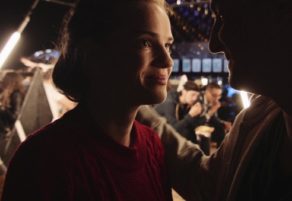“Do well with nothing, do better with little, and do it now.” That’s the motto of this band of amateur filmmakers in London.
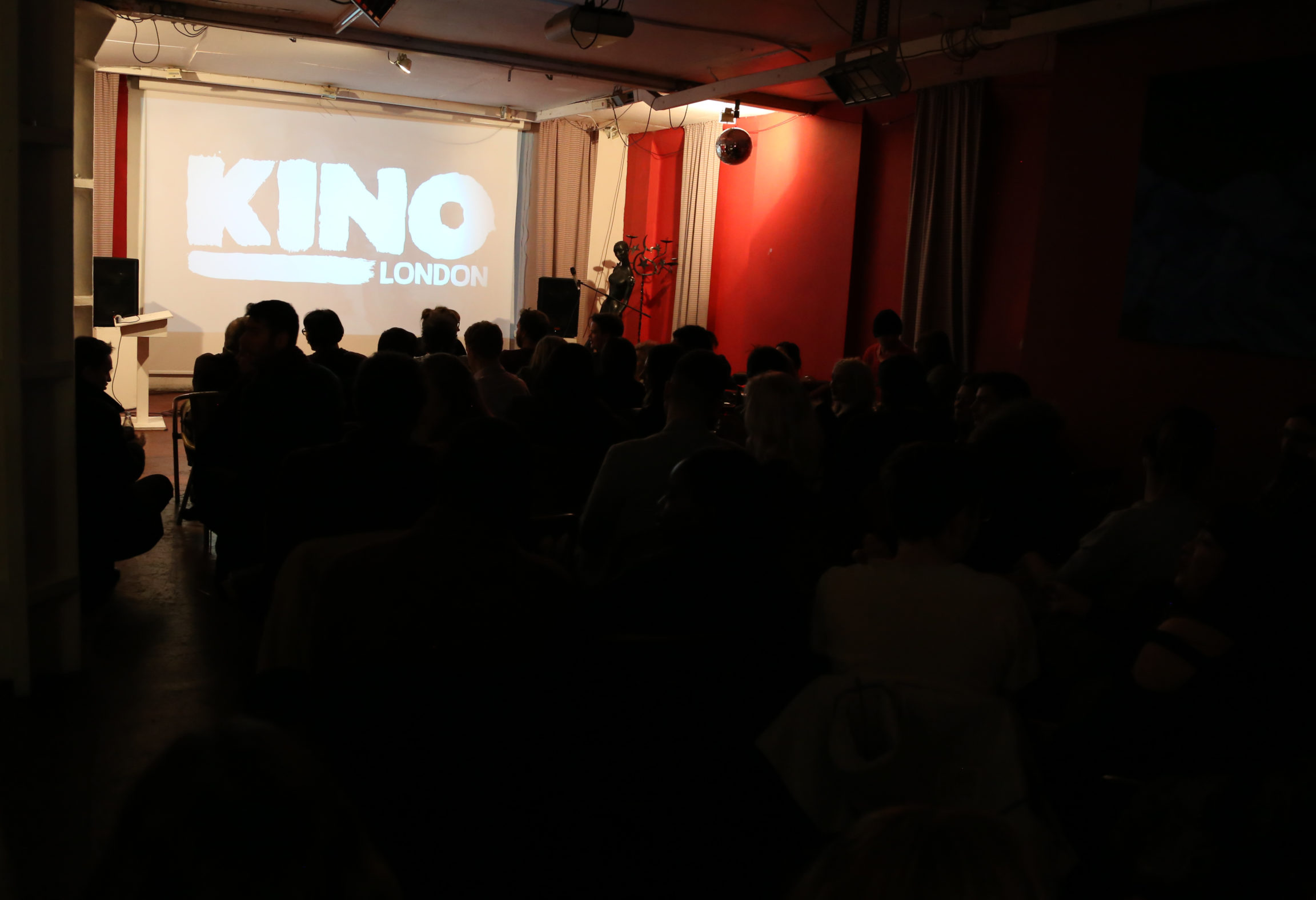
Kino is a group of enthusiasts who have banded together to make short films with virtually no budget. Their motto: “Do well with nothing, do better with little, and do it now!”
It was born in Montreal in 1999, the brainchild of Christian Laurence and friends. Ten years later, a London group formed. Another nine years on and it has mushroomed to include regular screening events, scriptwriting workshops and Kino London Films, a production company.
Kino cells can now be found worldwide with more than 100 groups springing up across North America, Europe, Africa and Australia.
Boostyourfilm spoke to Jonny Evers, the organiser of Kino London.
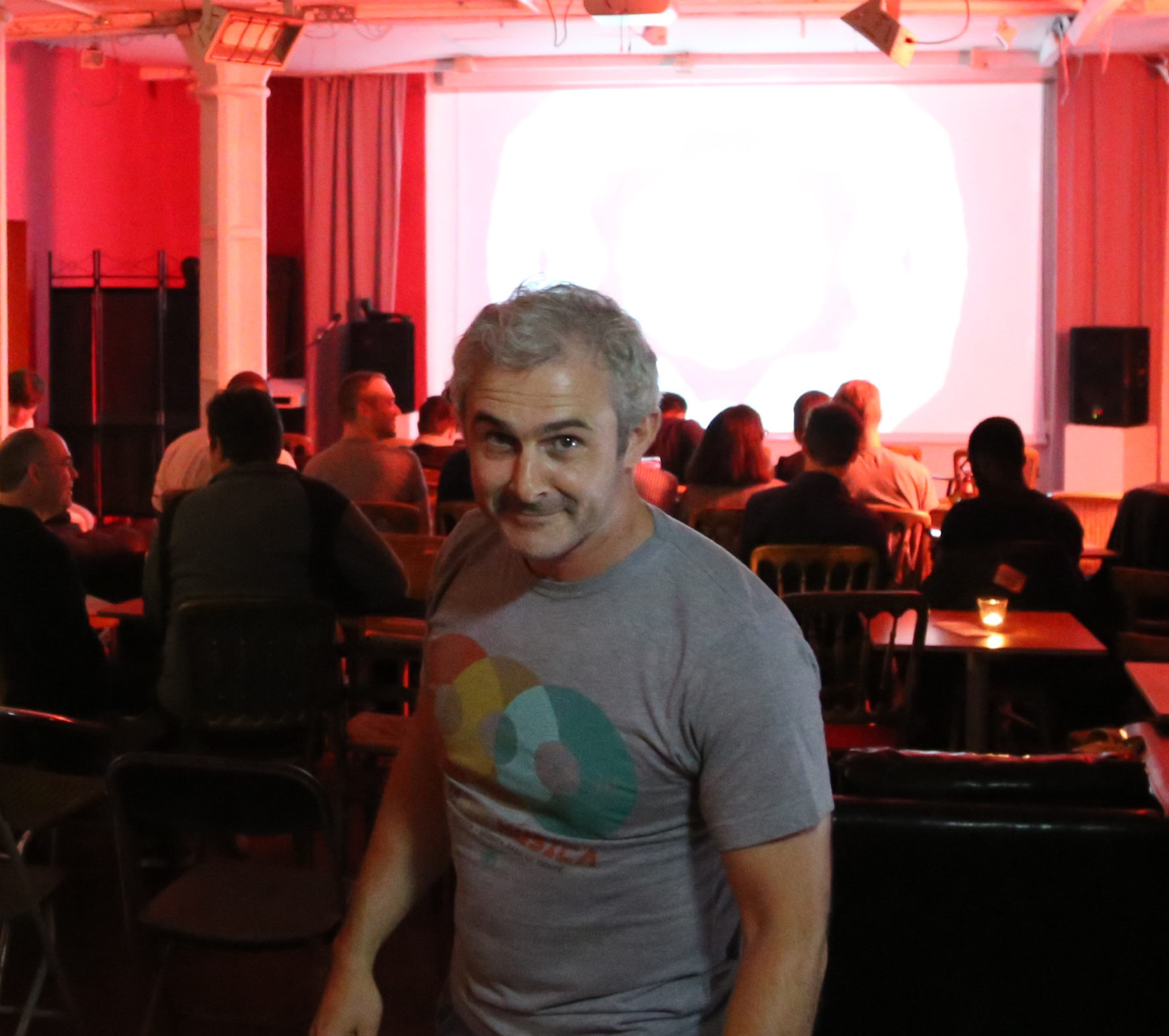
Boostyourfilm: Kino hosts London’s longest-running short film nights. How did it get started?
Jonny Evers: Kino London began life in 2009 as a partner to the Kino International movement, which has been active since 1999. Initially, Kino London ran ‘Kabaret’ sessions, which were three to four-day-long intensive filmmaking workshops. Later, we moved to regular screenings and special events with corporate sponsors such as Sony and Tate Modern. In 2017, we incorporated scriptwriting workshops and production days into our offer. Currently, we are the only organisation in London to offer filmmakers this type of ‘end-to-end’ opportunity to write, shoot and screen their films.
BYF: Why was the impetus for getting Kino London started?
Jonny Evers: Sadly, the truth of filmmaking in the UK, as in many countries around the world, is that there are few opportunities for filmmakers to develop their skills and knowledge while making the films they dream of making.
Film schools and courses in London are generally too expensive for the average person and scholarships are hard to come by. People looking for a career in filmmaking, therefore, need a platform to collaborate and network with others. Films are a collaborative art, yet, even now, there aren’t enough ways for filmmakers to meet, discuss their ideas, recruit people to their projects and have a place to share what they have made. The aspiration of Kino London is to be exactly that type of focal point.
You can check out a couple of their films below. For more see their Youtube channel here
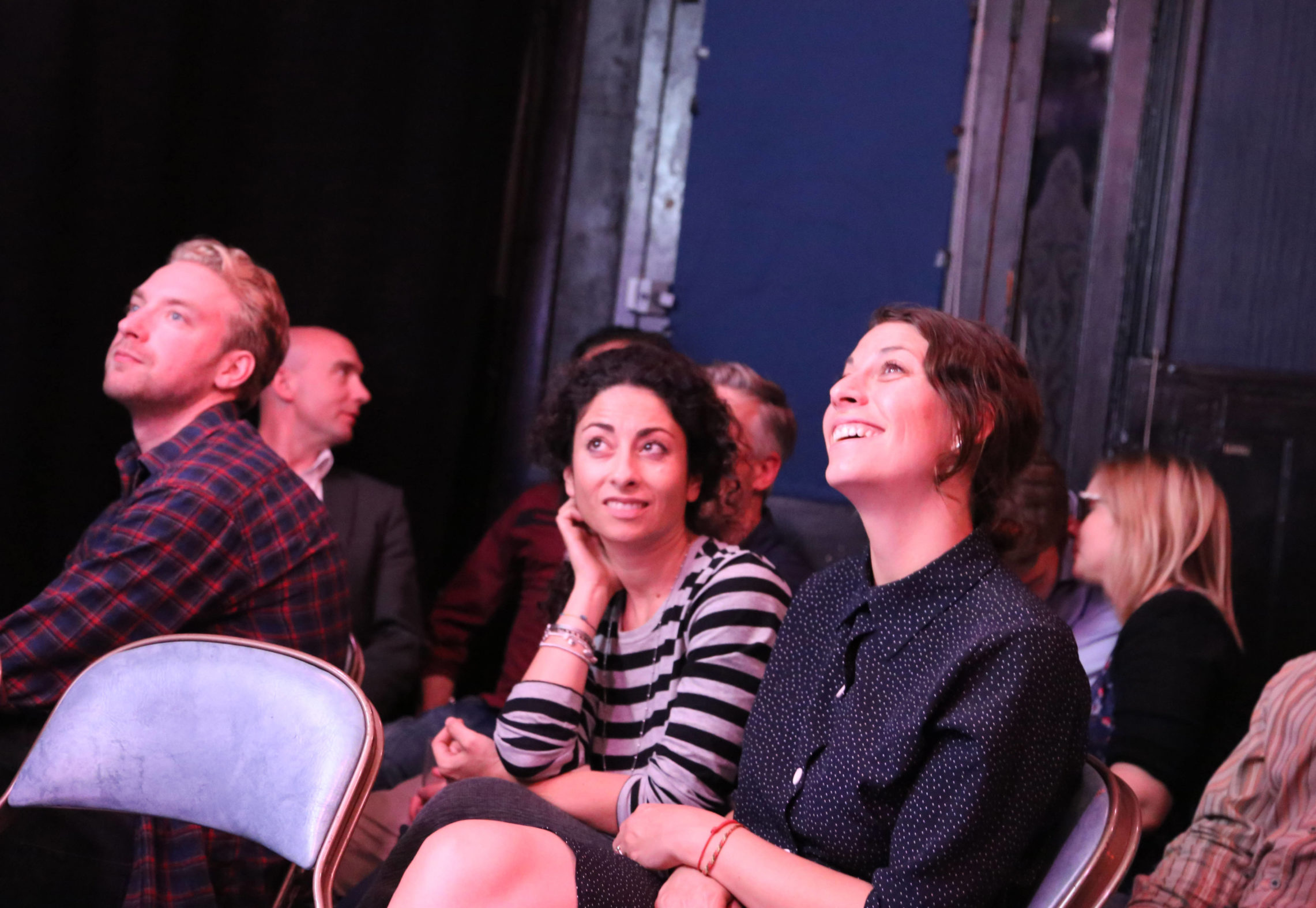
“Platforms like Vimeo and YouTube are fantastic for getting your film seen globally. But there is no comparison to screening your film with a live audience.” – Jonny Evers, organiser of Kino London
BYF: Who are the people who go there?
Jonny Evers: What is really great about the people who come to Kino London is their diversity. We get everyone from first-time filmmakers to professional film and TV crew. For example, in the last six months, we have screened films made by a 14-year old screenwriter, a well-known radio personality, a mother of three and an actor who previously worked with Stanley Kubrick. It’s always been a strength of Kino that we are ‘open-mic’, and anyone is welcome to attend our events.
BYF: With the rise of Youtube and Vimeoo, it’s really easy to make and upload your film. Is Kino still relevant?
Jonny Evers: I’m very happy to say that it is. Digital distribution and live screenings are very different things. Platforms like Vimeo and YouTube are fantastic for getting your film seen globally. But there is no comparison to screening your film with a live audience. Seeing, hearing and feeling an audience react to a piece of cinema you have made is truly one of the most inspirational experiences for a filmmaker. Additionally, all our events are a great opportunity to network and collaborate with other filmmakers.
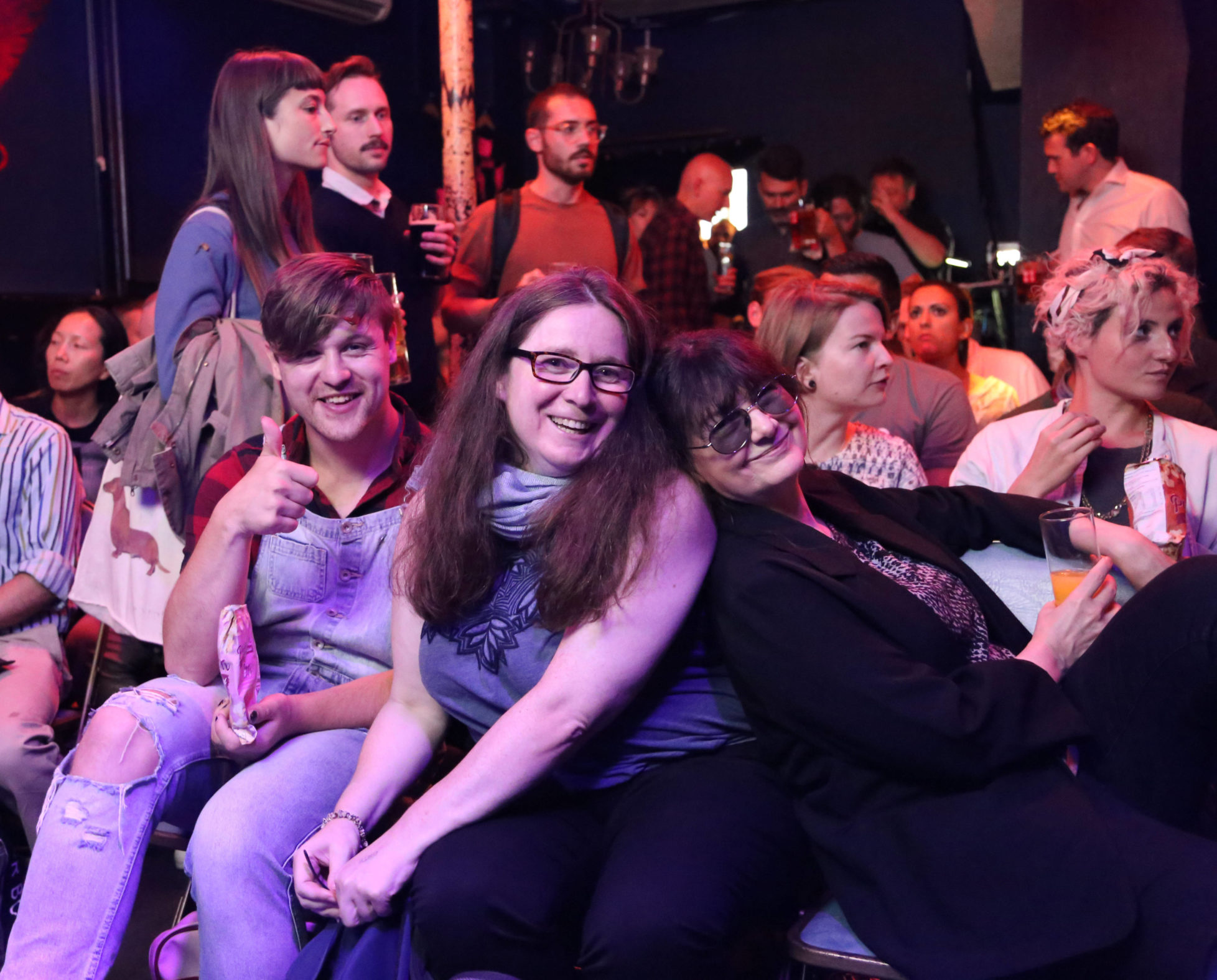
BYF: As there is a greater focus on independent films these days, do you think Kino can be a stepping stone?
Jonny Evers: I think the film industry is continually evolving, and trying to find new ways to entertain whilst making a profit. The platforms and delivery systems for a film have changed radically in just 20 years or so, allowing anyone with almost no equipment or experience to put their ideas in the same realm as films made by people with a $200 million budget and decades of experience. The real difference then is the quality of the film a person makes: this is the standard by which a film and its maker are judged. What is great about Kino London is that it provides filmmakers with a way of measuring the quality of their creations in front of a live audience, and against their peers. These are great motivating forces which, we hope, will push people to make better and better cinema.


